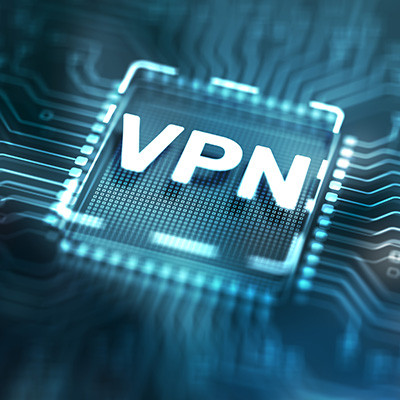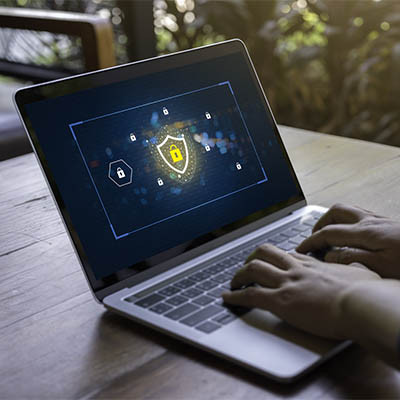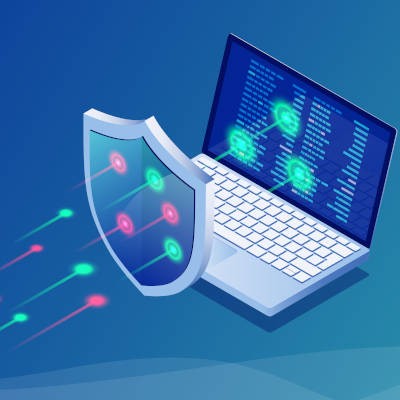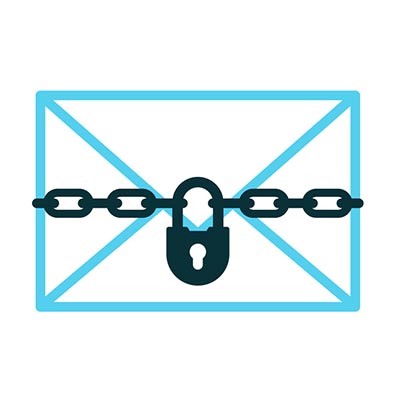Encryption is a powerful weapon against hackers that can prevent them from stealing your data and leveraging it against you. Encryption, in its most basic textbook definition, converts your readable data into an indecipherable jumble that can only be reassembled through the use of an encryption key. Small businesses absolutely must utilize encryption to protect customer information, financial records, and other important or sensitive business data. This ensures that it is as protected as possible against those that might do you harm.
k_Street Consulting, LLC Blog
Nowadays, data security, especially on files that are attractive to hackers, has to be a priority. Many businesses have deployed a Virtual Private Network (VPN) to help them improve their data security. If you haven’t, understanding the myriad of benefits that businesses get from deploying a VPN will put in perspective just how useful the VPN can be.
Protecting your organization’s data is a major focus of businesses these days, especially as threats grow more powerful and they better learn to penetrate the countless safeguards put into place. Let’s go over how encryption can help you cover all your bases—especially if hackers do manage to get through your security precautions.
While reading our blog and newsletters, you might come across the word “encrypted” quite a lot. Sometimes it’s in the form of ransomware encrypting data, while other times it might be regarding the encryption of passwords within a password manager. Regardless, one thing is certain: encryption is an important part of the modern workplace.
The Kaseya ransomware attack targeting VSA servers for approximately 1,500 organizations was another notable attack in a recent string of high-profile ransomware attacks, and while most organizations did what most security professionals recommend and did not pay the ransom, others did not listen. Now those who did pay the ransom are having trouble decrypting their data, and REvil is nowhere to be found to help them in this effort.
Today’s business has to prioritize its data security. There are endless examples of businesses that haven’t done enough. Some aren’t around anymore. To help you build a strategy, we’ve put together four questions that need to be asked to give you a chance to outwit and overcome the endless threats your company could run into online.
Contracts are a huge part of doing business. The practice is as old as the legal profession. You’ll be hard pressed to complete a transaction where money changes hands where there isn’t a document outlining the specifics of the liability each party takes on by entering that financial agreement. We call them receipts, but in retail, they are a signed contract.
Mobility is a key part of today’s modern workplace, as employees are using devices to take data on the go with them for anytime-anywhere productivity. Unfortunately, this flexibility and mobility comes at a price. Taking data outside the safety of your network is more risky than ever before, to both data being sent to and from the device. The use of a virtual private network, or VPN, can remedy this issue.
You hear about encryption being used all the time, almost to the point of it being synonymous with security, but what does it really mean to have encryption on your business’ data and devices? We’ll walk you through how encryption can help you in your day-to-day struggle to secure the integrity of your organization’s communication and infrastructure.
You’ve probably heard the term “blockchain” at least a couple of times over the past year, but what does it mean, and how are organizations using it? The most obvious and well-known use for it is cryptocurrency, but it’s far from the only use of blockchain. We’ll delve into what blockchain technology is, how it is currently used, and how it might be used in the future.
With data security becoming paramount for almost everyone, encryption is one of the more important technology terms you will need to know. Since data security has to be a priority--not just for your business--but for you, understanding what encryption is, and how its used can put you in a better position to understand tomorrow’s security solutions. For this week’s tip, we will take you inside cryptography, and more specifically, data and network encryption.
It’s not out of the ordinary for employees to not know the best practices surrounding email management, but it’s something that any self-respecting employer needs to consider. How are your employees using their email, and are they putting your organization at risk? The best way to address these issues is taking a two-pronged approach involving training employees on proper best practices, as well as taking technical measures to keep the risk of a breach to a minimum.
 An email could be just about anything, and you should always approach them with caution. What appears to be a harmless attachment could be a spam message in disguise, with malware or viruses attached. Keeping this kind of security in mind can be difficult for the average business, but if your organization uses Gmail, you’ll be warned of whether or not your received messages are sent over a secured connection.
An email could be just about anything, and you should always approach them with caution. What appears to be a harmless attachment could be a spam message in disguise, with malware or viruses attached. Keeping this kind of security in mind can be difficult for the average business, but if your organization uses Gmail, you’ll be warned of whether or not your received messages are sent over a secured connection.













